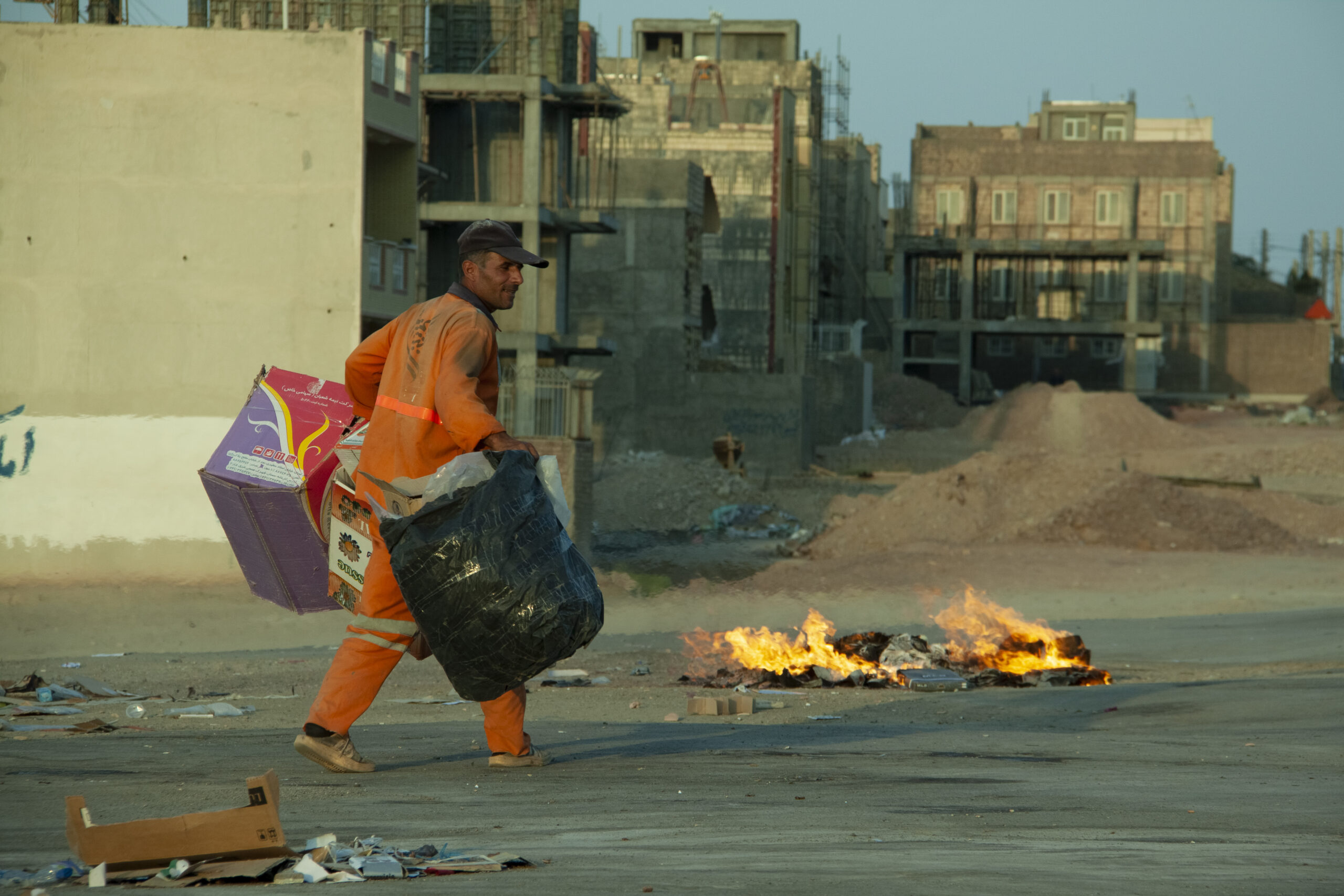Amnesty International called on Pakistan’s authorities on Tuesday to end the systemic discrimination and human rights violations against sanitation workers in the country, following the release of a new report.
The organization emphasized how these abuses violate Pakistan’s obligations under international law and urged authorities to amend existing laws to align with international norms.
The report revealed that sanitation workers in Pakistan faced discriminatory practices based on religion and caste. This situation was further compounded by dangerous working conditions and a lack of adequate labor laws. According to the rights group, a significant number of interviewed workers reported experiencing stigmatization due to their profession in the sanitation sector, which is often viewed as a caste-designated occupation linked to religious minorities like Dalits or Christians. They also reportedly faced discrimination in public, including segregation in eating establishments.
Discrimination was also apparent during the recruitment of sanitation workers, who claimed that they were offered lower job positions due to their diminished social status. Female sanitation workers were paid less than their male counterparts and were more likely to work in the informal sector. The report further revealed how employers tended to avoid offering steady employment, depriving workers of job security, benefits, and legal protections such as fair pay and social security.
Workers often lacked access to safety equipment, leading many to develop health issues like allergies and breathing problems. Despite these risks, interviewed workers stated they could not refuse or quit their jobs due to job insecurity and feared sudden employment termination. The group pressured Pakistani authorities to take legal and practical measures to protect sanitation workers from all forms of discrimination, including those based on religion and caste.
Amnesty International conducted a report with the Pakistani human rights organization Centre for Law and Justice for which they interviewed sanitation workers who experienced discrimination and human rights violations between February and September 2024 in various regions of the country.
Reporters urged the Pakistani government to review existing labor laws and make necessary amendments to comply with international human rights obligations. This includes implementing national legislation that prohibits caste-based discrimination, ends discriminatory recruitment practices, and addresses issues of mistreatment and worker safety.
Article 26 of the International Covenant on Civil and Political Rights (ICCPR) stipulates that all individuals are equal before the law which should prohibit discrimination and guarantee equal protection. Additionally, the Discrimination Convention of the International Labour Organization (ILO) forbids exclusions or preferences based on race, religion, or social origin.
Pakistan has previously faced criticism for discrimination against religious minorities and has received international pressure to enact legislative reforms to protect these individuals from all forms of abuse. Human Rights Watch (HRW) reported in June that Pakistan’s “blasphemy laws” were misused in a discriminatory manner to persecute religious minorities. In July, the UN condemned increasing violence against vulnerable communities due to their religion or beliefs, urging the Pakistani government to implement proactive measures to prevent assaults on religious minorities and their places of worship.
